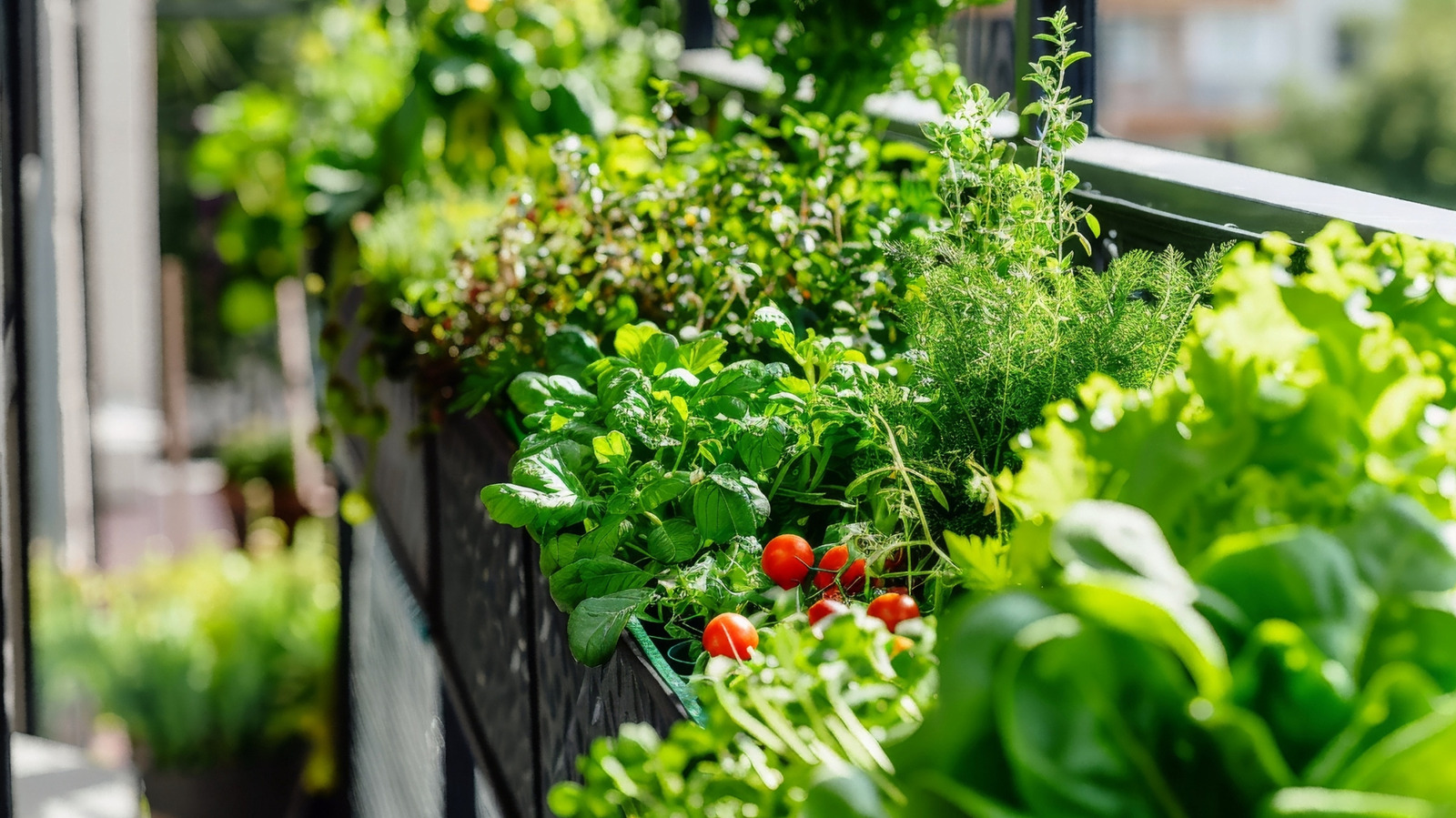
"Tomato season is a source of profound joy for many gardeners, especially when their plants yield large, juicy fruits that can only be destined for sandwiches slathered in mayonnaise. However, growing up surrounded by these plants each summer, I know that tomatoes are not always easy to grow. They can be plagued by everything from aphids to poor soil quality, and there are even certain plants that you should never plant with tomatoes to prevent them from competing for nutrients."
"Of the many fruits, vegetables, and herbs that may grow in your garden, tomato plants are among the ones that will benefit the most from companion plants. According to Indermaur, companion plants can, among other roles, "attract beneficial insects; deter pests and predators; and/or supply, boost, or balance nutrients in the soil." Plus, they propagate healthy microorganism populations in the soil and support biodiversity, which Indermaur explains can make a garden more resilient."
Tomato plants gain substantial benefits from companion plants that attract beneficial insects, deter pests and predators, and supply, boost, or balance soil nutrients. Companion plants also foster healthy microorganism populations and support biodiversity, increasing garden resilience. Tomato plants are particularly vulnerable to disease in hot, humid climates or during seasons with a lot of rain; common diseases include bacterial spot, leaf mold, botrytis, tomato blight, and blossom end rot. Common pests include hornworms, armyworms, and aphids. The delicate balance of nitrogen, potassium, and phosphorus in soil can be easily disrupted, making companion planting and nutrient management important for healthy tomato growth.
Read at Tasting Table
Unable to calculate read time
Collection
[
|
...
]